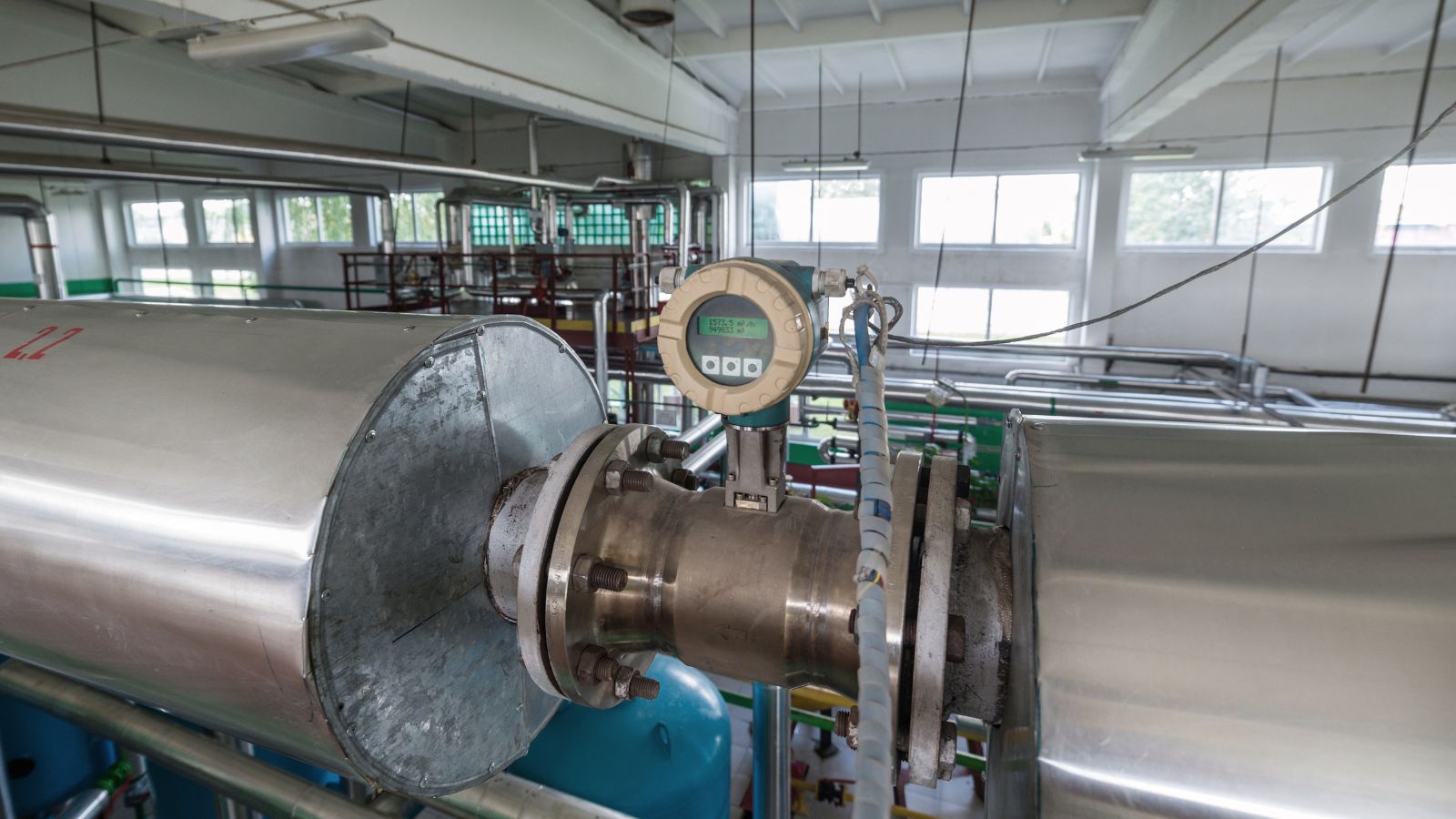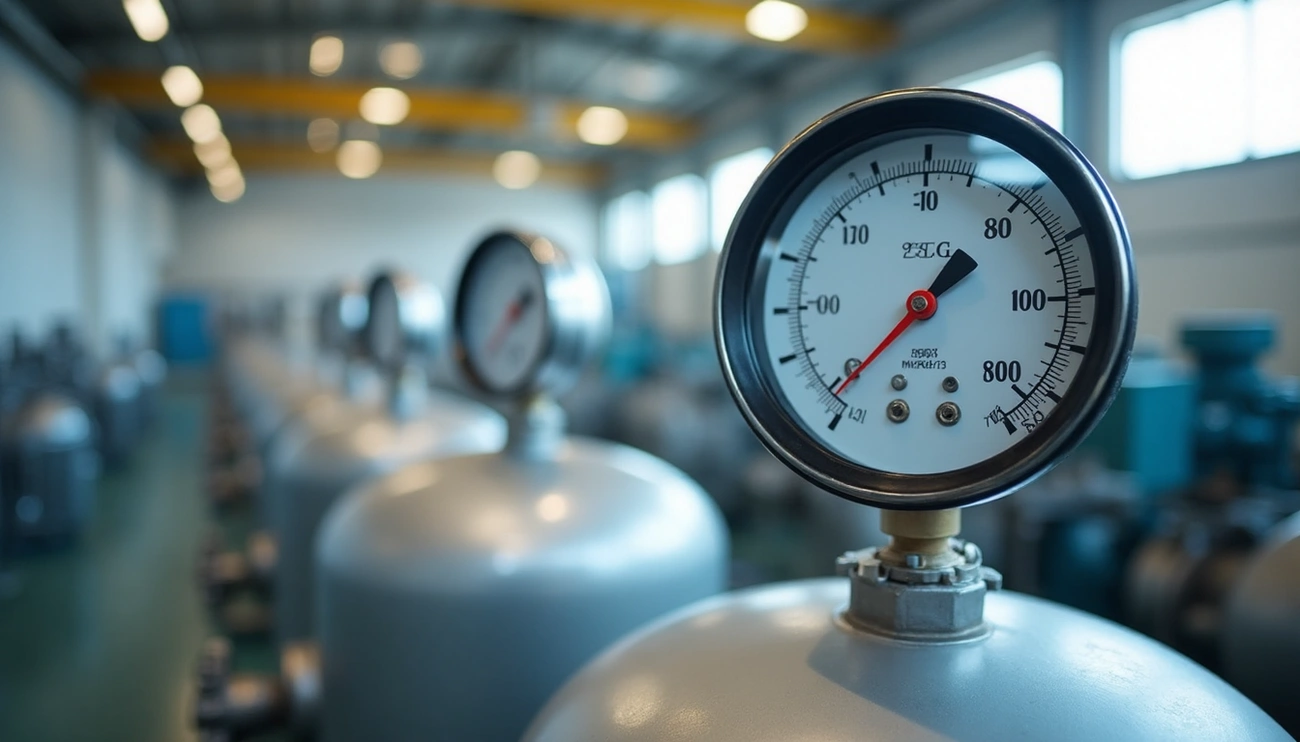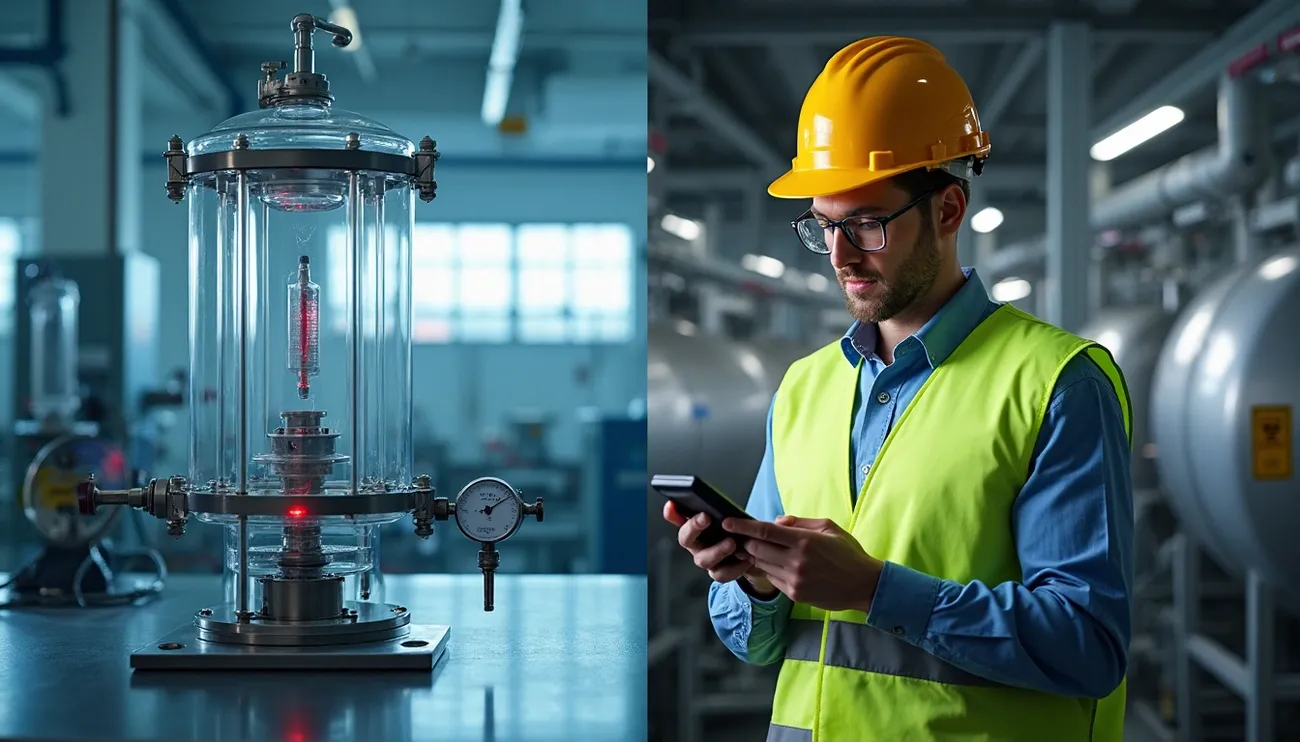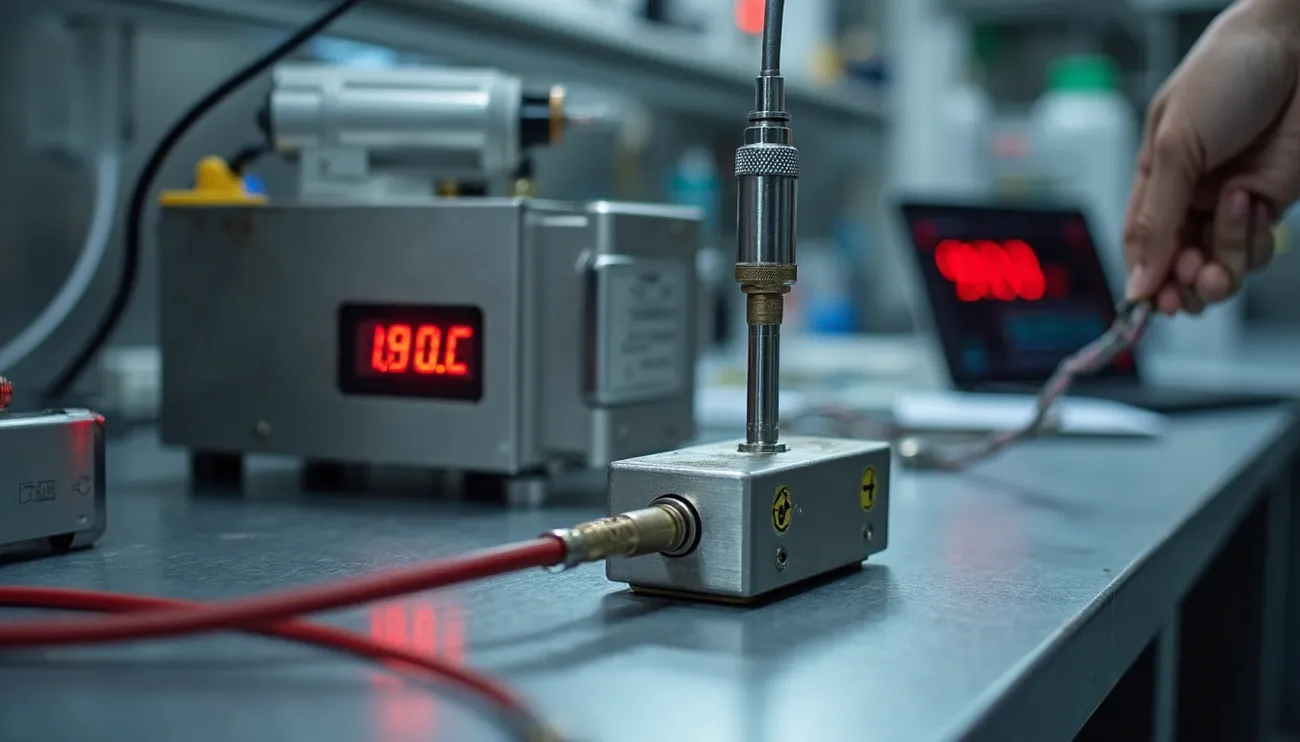Cultural relics are easily affected by environmental factors during the preservation process, and changes in the environment will cause deterioration or damage to cultural relics. Even if kept in a museum, factors such as outside temperature, humidity, light, air pollutants, and pests can slowly damage cultural relics. Environmental factors have become the main reason for the damage of cultural relics in museum collections.
The key to alleviating the damage of cultural relics by environmental factors is to control various factors of the collection environment, so that the cultural relics can be kept in a stable and clean storage environment as much as possible, and the physical and chemical properties of cultural relics caused by environmental factors can be delayed. Based on the environmental factors affecting the preservation of cultural relics, Jianda PeopleSoft has launched a museum environment monitoring system that can monitor the museum environment in real time based on the Internet of Things and sensor technology. The adverse effects of environmental factors on cultural relics.
Introduction to the museum environmental monitoring system
SenTec museum environmental monitoring system is mainly composed of data acquisition terminal (temperature and humidity transmitter, multi-function air quality transmitter, water immersion transmitter, smoke alarm), network relay, environmental monitoring host and environmental monitoring cloud platform. Among them, the multifunctional air quality transmitter can monitor the atmospheric pressure, light, PM2.5, PM10, TVOC, CO2, O3, formaldehyde, CO, O2, SO2 and other values in the air. The system can realize 24-hour uninterrupted monitoring of the cultural relic storage environment of the museum, and has functions such as remote management and intelligent linkage. Data support to reduce the loss of cultural relics.
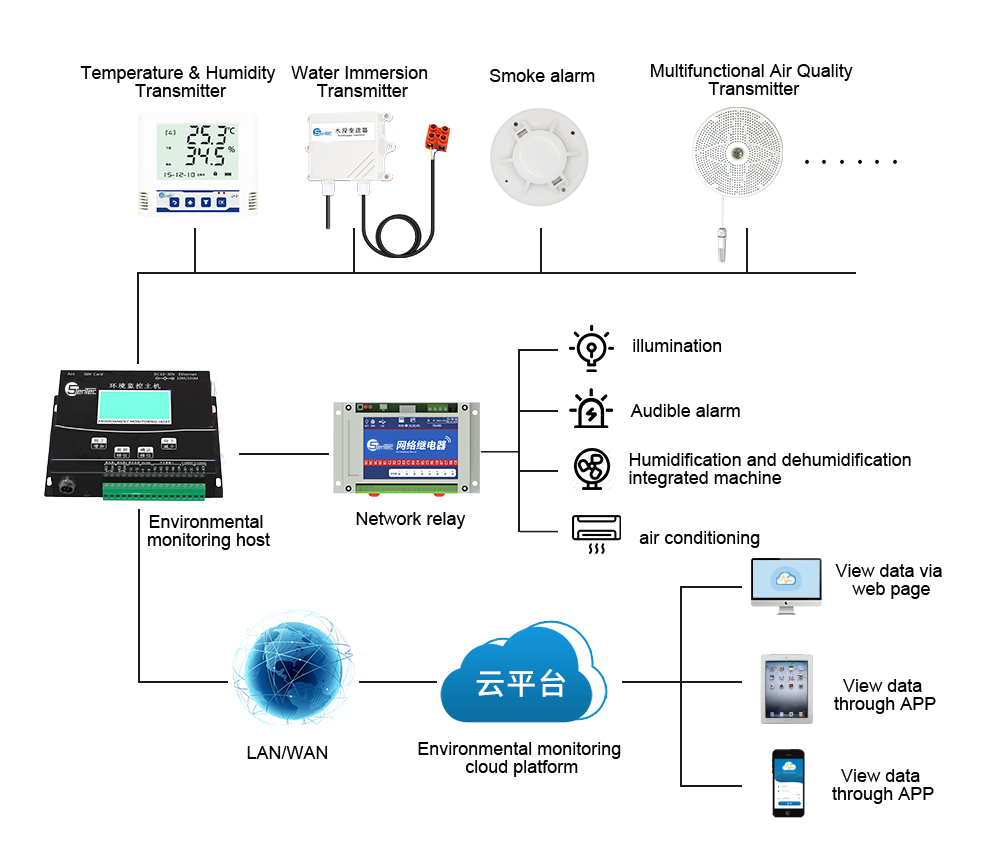
The functions of the museum environmental monitoring system
1. Real-time and centralized monitoring
The data collection terminal of the museum environmental monitoring system can monitor various environmental elements of the museum in real time. The monitored data will be uploaded to the environmental monitoring cloud platform through the environmental monitoring host. The staff can log in to the environmental monitoring cloud platform with the account password to view one or more. real-time data of each monitoring element.
2. Intelligent linkage
The data acquisition equipment of the system can be matched with the environmental monitoring host to connect to the related equipment of the network relay. When the monitoring of a certain environmental factor such as temperature, humidity, oxygen and other data exceeds the limit, the system will send a command to the relay to control the constant temperature and humidity of the ventilation system and the air-conditioning system in time to realize automatic control.
3. Remote management
The museum environmental monitoring system can log in to the environmental monitoring cloud platform on the webpage or mobile phone, remotely manage all environmental monitoring equipment, and view monitoring data anytime and anywhere. The collected data can be displayed in the form of numbers, curves, dashboards, etc., allowing users to view , download and print historical data. You can also directly set various parameters on the environmental monitoring cloud platform to achieve the purpose of remote automatic monitoring.
4. Data abnormality alarm
In the museum environmental monitoring system, the upper and lower limits of each element can be modified and set through the environmental monitoring cloud platform. When the monitored real-time data exceeds the upper and lower limits, the platform will promptly send alarm information to the staff by phone, text message, email, etc. .
5. Various terminal methods to view data
In addition to the environmental monitoring cloud platform provided by our company, the data can be viewed on the computer, and it also supports various terminal login methods such as mobile APP and WeChat public account, which is convenient for users to receive the data uploaded by the monitoring equipment in real time.

